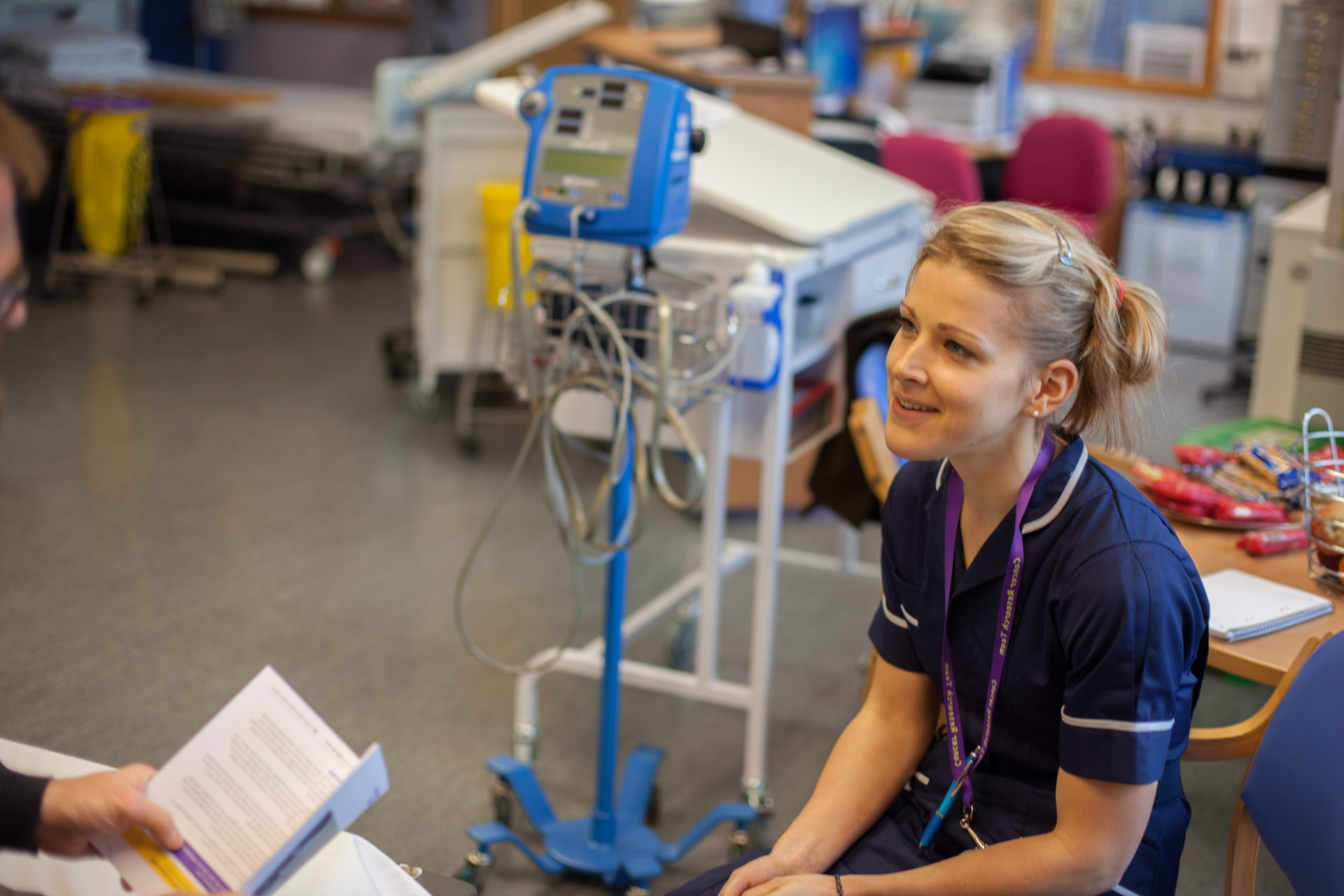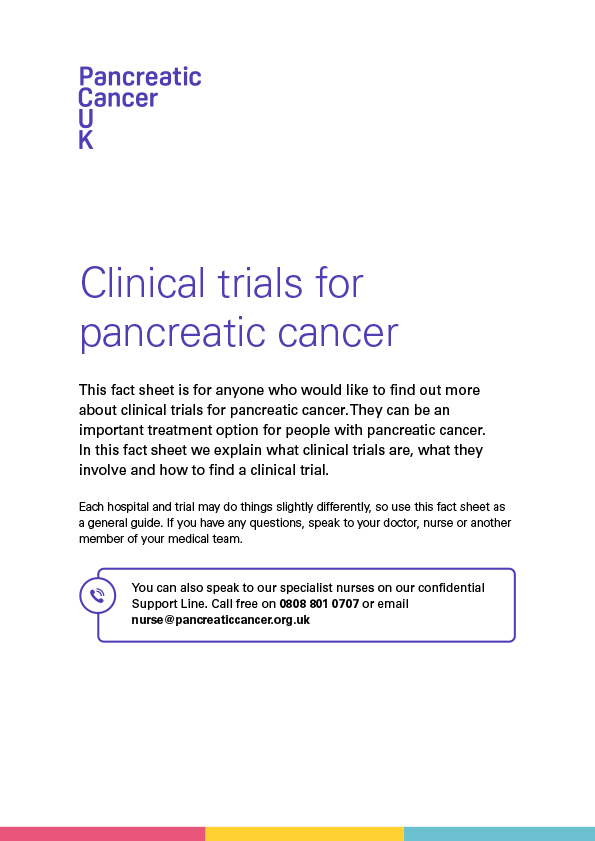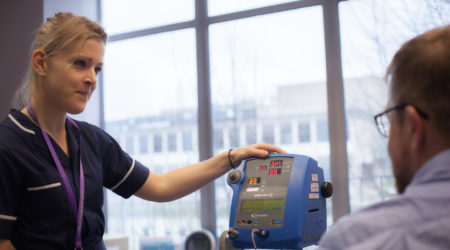Why are clinical trials important?
Clinical trials for pancreatic cancer are important because they show us what treatments and care do and don’t work. They can also look at what may increase the risks of getting pancreatic cancer, how to prevent it and find better ways to diagnose it.
Clinical trials for pancreatic cancer may include:
- finding ways to diagnose pancreatic cancer at an earlier stage
- finding better ways of giving existing treatments – for example, combining different chemotherapy drugs or giving drug combinations in different ways
- testing new treatments
- looking at ways to control the side effects of treatments
- looking at how best to provide care.
Most pancreatic cancer trials are looking at different treatment options. They aim to find better treatments that can help people live longer and improve the quality of their daily life.
Some trials also look at how people feel as a result of treatment, or what they think about the treatment they have had. The trial may call this patient reported outcome measures (PROMS) or patient reported experience measures (PREMS).
If you are interested in taking part in a clinical trial, ask your doctor or nurse if there are any trials that are suitable for you. You can also find open trials in the UK on our Clinical Trial Finder.





